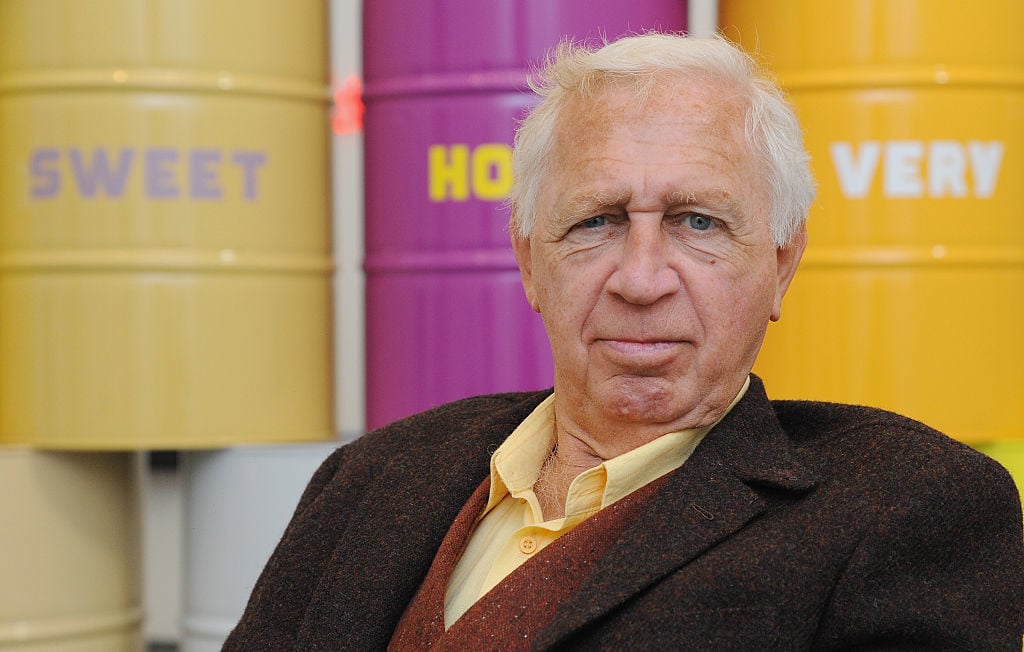At Artnet News, Anne Ellegood, curator of the show “Jimmie Durham: At the Center of the World,” addresses criticisms leveled at the show and Durham himself since it opened at the Walker Art Center in June (the show originally appeared at the Hammer Museum in Los Angeles this spring). In particular, Ellegood addresses the controversy over Durham’s Cherokee heritage, arguing that there are multiple valid ways to understand and define ethnic identity. She also points out that while Durham’s works has been positioned by some as representative of the Native American experience, he himself has never framed his work that way. Read an excerpt from Ellegood’s piece below, or the full text here.
Durham is not “representing” Indigenous culture in his works, but investigating how American Indian history and culture have been misrepresented by others. A number of works from the 1980s deliberately set out to dismantle stereotypes of American Indians that have been widely accepted and disseminated in American popular culture.
As Durham stated in a 2011 interview, “I’m accused, constantly, of making art about my own identity. I never have. I make art about the settler’s identity when I make political art. It’s not about my identity, it’s about the Americans’ identity.”
Moreover, given Durham’s staunch resistance to categorization, he is ideologically opposed to the very notion of being the representative of anything. He has said repeatedly since the beginning of his career that he does not consider himself to be a “Native artist.” He could not be more clear on this point; he stated in 1991, “I am not an ‘Indian artist,’ in any sense. I am Cherokee but my work is simply contemporary art. My work does not speak for, about, or even to Indian people.”
Durham has called into question the category of “Native artist” on the grounds that artists should not be put into groups based on their race, ethnicity, or gender, as it often leads to the further marginalization of those artists and over-determines the reading of their work. He has long argued that Native artists should be free to make whatever work they choose and their work interpreted and discussed within the discourses of contemporary art practice.
Image of Jimmie Durham via Getty Images.
